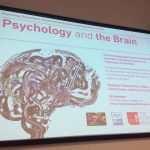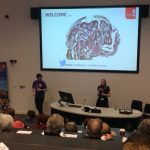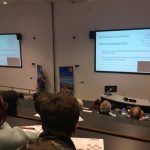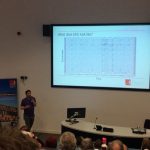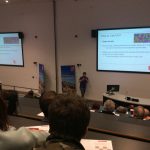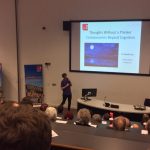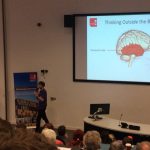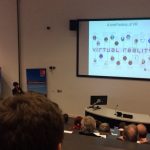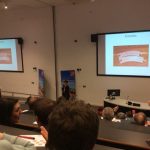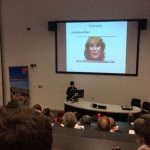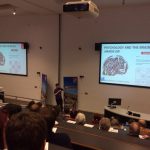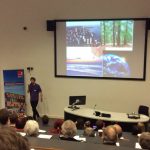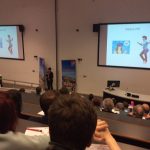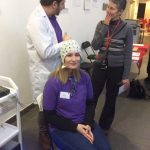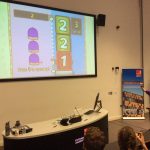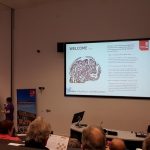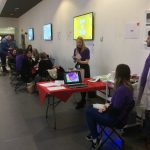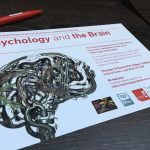By Dr Sarah Dean, Senior Lecturer in Psychology, Staffordshire University.
Lucy Field completed the MSc in Health Psychology at Staffordshire University in 2017 and has recently had her dissertation research, which was supervised by Dr Sarah Dean, published as an open access article in the Global Journal of Health Science.
It has been recognised that stress can have a very negative impact on people’s health and wellbeing and it is therefore important that interventions are designed to help people deal with stressors effectively. One way of doing this is to use interventions that help people to become more aware of their bodies, their response to stress and how to regulate this. Lucy’s work explored the effectiveness of a biofeedback intervention, using the HeartMath training programme, to reduce a person’s physiological response to stressors. It was found that the intervention had positive effects for participants. Participants reported feeling less stressed and more relaxed after taking part in the intervention and Lucy’s physiological data supported this. Future research is needed to explore the use of HeartMath further.
This is what Lucy had to say about her time on the MSc:
“I really enjoyed my MSc in Health Psychology at Staffordshire University. Health promotion and stress have become areas of specialty for me. I completed my research on stress using a biofeedback technique with support from my tutor and other researchers in the field. This has been published! I would not have believed this to be something I could have accomplished at the beginning of the course. I am now looking forward to starting the Prof Doc in Health Psychology!”
Please click here to read Lucy’s published article.
Field, L. H., Edwards, S. D., Edwards, D. J., & Dean, S. E. (2018). Influence of HeartMath Training Programme on Physiological and Psychological Variables. Global Journal of Health Science, 10(2), 126-133.
Thinking about postgraduate study in Health Psychology?
If you are interested in studying our BPS Accredited Stage 1 MSc in Health Psychology why not sign up to our next Open Afternoon on Tuesday 3rd July?
For more information about the Open Afternoon, please email the MSc Health Psychology Course Directors Dr Sarah Dean s.dean@staffs.ac.uk or Dr Gemma Hurst G.L.Hurst@staffs.ac.uk.
Staffordshire University – The Home of Health Psychology
Staffordshire University’s Centre for Health Psychology is a  centre of excellence for teaching and research in Health Psychology, and is home to Staffordshire’s BPS Accredited Stage 1 MSc in Health Psychology and Stage 2 Professional Doctorate in Health Psychology. The Centre for Health Psychology is part of the Staffordshire Centre for Psychological Research.
centre of excellence for teaching and research in Health Psychology, and is home to Staffordshire’s BPS Accredited Stage 1 MSc in Health Psychology and Stage 2 Professional Doctorate in Health Psychology. The Centre for Health Psychology is part of the Staffordshire Centre for Psychological Research.
Keep updated with the latest Health Psychology news from Staffordshire University via following us on @StaffsPsych and via the #HealthPsychStaffs hashtag.
For further information about Health Psychology courses and research at Staffordshire University please visit the following webpages:




